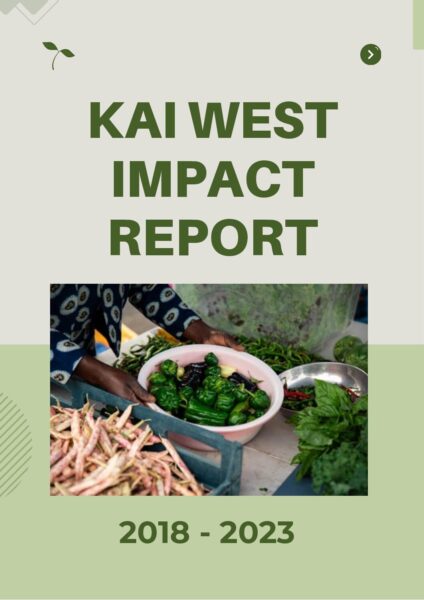Hunger is on the rise, but so is Kiwi generosity. Fair Food calls on gardeners to donate their surplus citrus to a food bank, rather than letting it go to waste.
“One bag of oranges might not seem like a lot to someone with a backyard of trees, but for us, it’s a whole classroom of hungry kids that now get morning tea,” urges Fair Food General Manager, Michelle Blau.
“Last winter, Fair Food shared a week’s worth of groceries for 30,754 struggling whānau, and this year is already busier than ever. More than 220 tonnes of food was kept out of landfill, all through the generosity of food suppliers, supermarkets, and community food drives. But, that high volume is not enough to keep up with demand.
“Even grapefruit is welcome at Fair Food. It may not be to everyone’s taste, but we provide the fresh ingredients for a day’s worth of meals for 1600 people every single day, so we will find a family for whatever you’ve got in your garden. Homemade preserves and jams are also accepted in our Conscious Kitchen.
“One third of New Zealanders have less than $500 in savings, making many of us one flat tyre, winter sport, or school camp away from needing a food parcel. Food goes from a necessity to a flexible expense on a tight budget, so every little bit helps.
“If you’ve got citrus to spare, now is the perfect time to share it. If you can’t get to a food rescue hub, then at least pop it in your nearest pātaka kai or go meet your neighbours,” encourages Michelle.
Businesses or community groups wanting to do a winter food drive may also get in touch with Fair Food for help connecting to their closest food bank.







